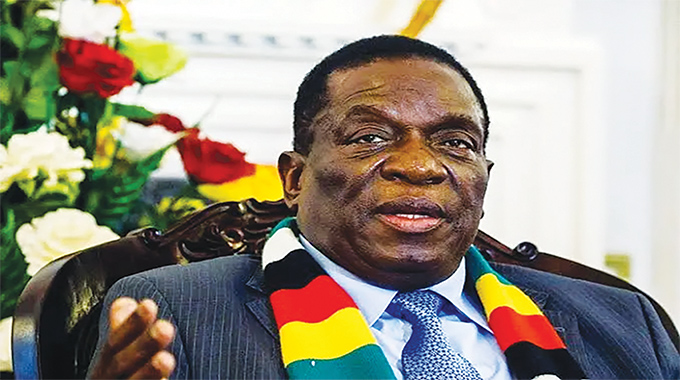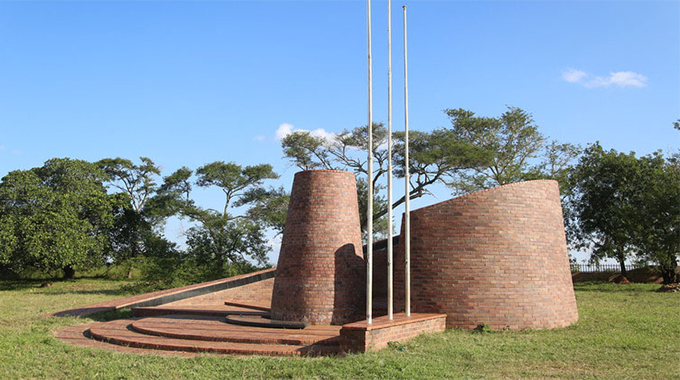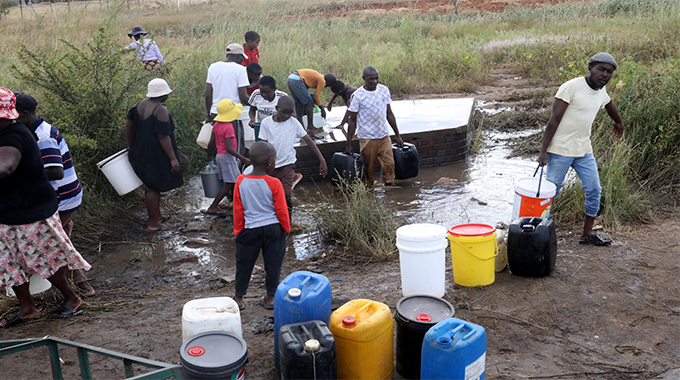COMMENT: Historic sites tell the Zim story

Historical sites are important as they are not just institutions associated with different epochs in a people’s past but carry with them a country’s history, culture and heritage.
The importance of safeguarding a country’s heritage sites can never be over-emphasised as they aid the learning and appreciation of a people’s history while safeguarding their identity. According to a paper by Redburn Development Partners titled, “The Importance of Historical Site Preservation,” historical sites provide a concrete link to our forefathers and their way of life.
“They are a tribute to our forefathers’ brilliance, inventiveness and talent, allowing us to learn about their traditions, customs, and way of thinking,” reads the paper. “…historical sites are essential for educational and research purposes. They allow historians, researchers, and students to learn about the past, interpret historical events and comprehend the context in which they occurred.”
It is in this context that we appreciate efforts by the Second Republic in telling the country’s history through the preservation of heritage sites. In the case of the Pupu Battlefield Memorial Site in Lupane, Matabeleland North Province, the Government reconstructed the site to correctly depict the victory of the Ndebele warriors on December 4, 1893, over the colonialist Wilson Patrol that sought to capture King Lobengula. Before the reconstruction, the site, constructed by the colonialists, glorified the vanquished members of the Wilson Patrol and deliberately ignored the heroics of the Ndebele warriors.

The Pupu Battlefield Memorial Site
The Second Republic, led by President Mnangagwa, has spearheaded efforts to tell the accurate Zimbabwean story, by correcting the distortions of the colonialists.
This has seen the reconstruction of the Pupu Battlefield Memorial Site, the erection of the Mbuya Nehanda statue in Harare and the renaming of roads and buildings after the country’s eminent persons from different epochs of the country’s history.
As he commissioned the Pupu site, President Mnangagwa also called for the identification of undocumented heritage sites so that they could be preserved.
“I also appeal to the chiefs, if there is any historic site, which you know, we as the Second Republic are ready to make sure it is preserved and protected,” said the President in his address.
He called on the local community to look after the site, which he described as a national asset.
“This monument is ours together, to benefit both the present and future generations,” said President Mnangagwa. He said historical sites like Pupu, which inspired colonial resistance leading to the country’s Independence in 1980 should always stand as a reminder of the painful journey Zimbabweans went through towards attaining self-rule.
“I want our people, to know that Independence Freedom, and Democracy was achieved by all of us through pain. Our detractors will continue to attempt to divide us by telling the wrong history about our people. Let us, the people of Great Zimbabwe, remain united,” said the President.











Comments